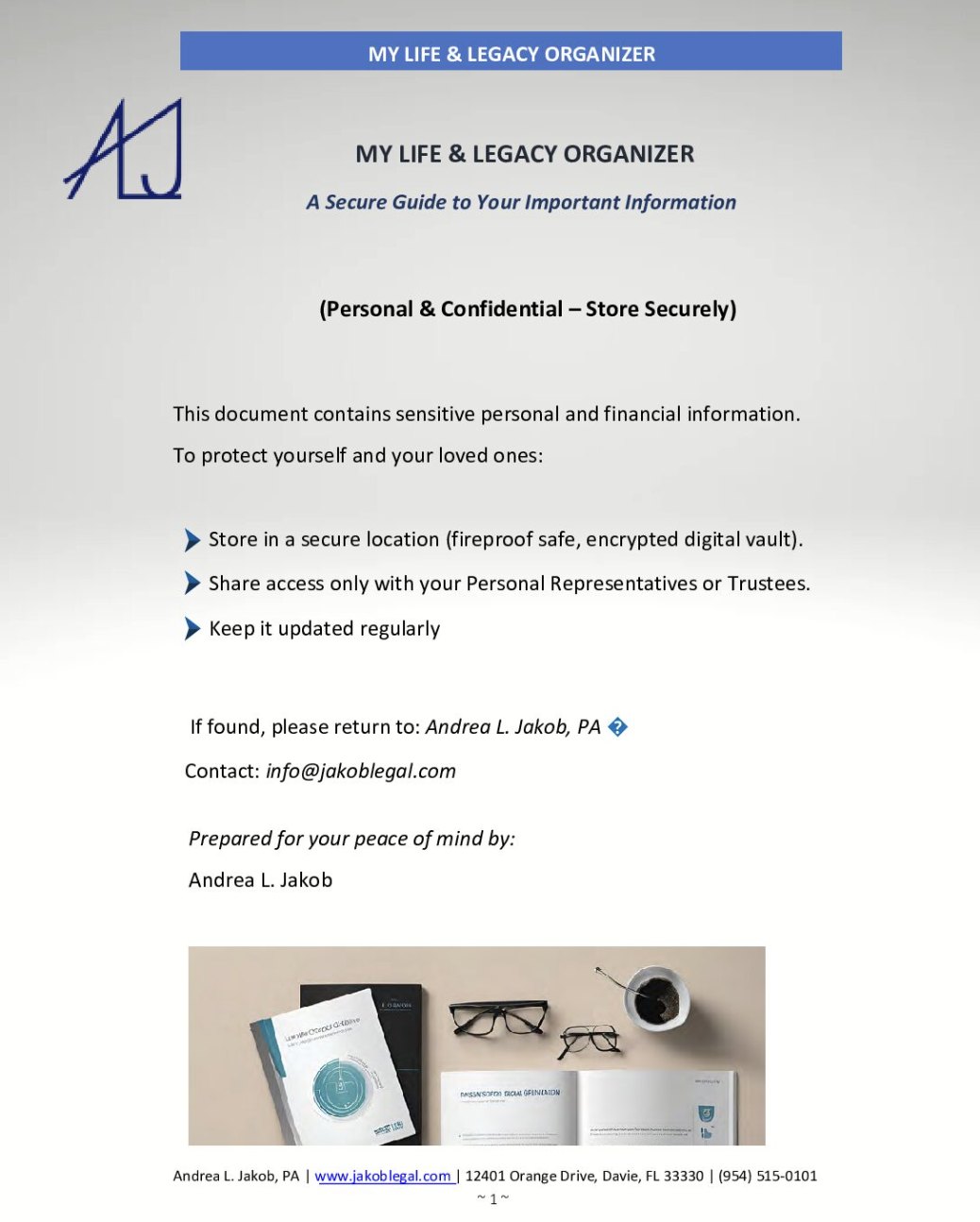Etsy has grown from a small marketplace for handmade goods to a global e-commerce powerhouse, with millions of sellers—many of whom rely on it for income. But while sellers pour their time and creativity into building their shops, few consider what would happen if they could no longer manage their store due to illness, disability, or death.
If you run an Etsy store, it’s time to think of it as part of your digital estate. Just like social media accounts, crypto wallets, and online subscriptions, your Etsy shop deserves protection and planning.
The Growing Etsy Economy
Founded in 2005, Etsy now supports over 7.5 million sellers and contributes more than $14 billion to the U.S. economy. Most sellers are independent, home-based, and female, with nearly a third depending on Etsy income to cover household expenses.
Risks of Going Solo
Etsy sellers are often solo entrepreneurs without the safety net of employer-provided benefits. With an average seller age of 45, the risk of long-term disability is real—yet often overlooked. Vacation mode is helpful for short breaks, but it won’t cover extended periods of incapacity or death.
Protecting Your Etsy Store
Because Etsy doesn’t allow account transfers and restricts access to one user, it’s critical to plan ahead:
- Designate a trusted person who can manage your shop
- Share credentials securely
- Document instructions to pause, fulfill, or close your store
- Include Etsy access in your estate plan
While technically you can’t pass your store to someone else, you can provide guidance for them to open a new shop and continue your business legacy—if Etsy’s handmade policies are respected.
Start Planning Today
Digital estate planning isn’t just about your passwords—it’s about ensuring your loved ones aren’t locked out of your hard work. Consult an estate planning attorney to secure your Etsy business and all other digital assets.
Your shop is more than a side hustle. It’s part of your legacy—protect it accordingly.

